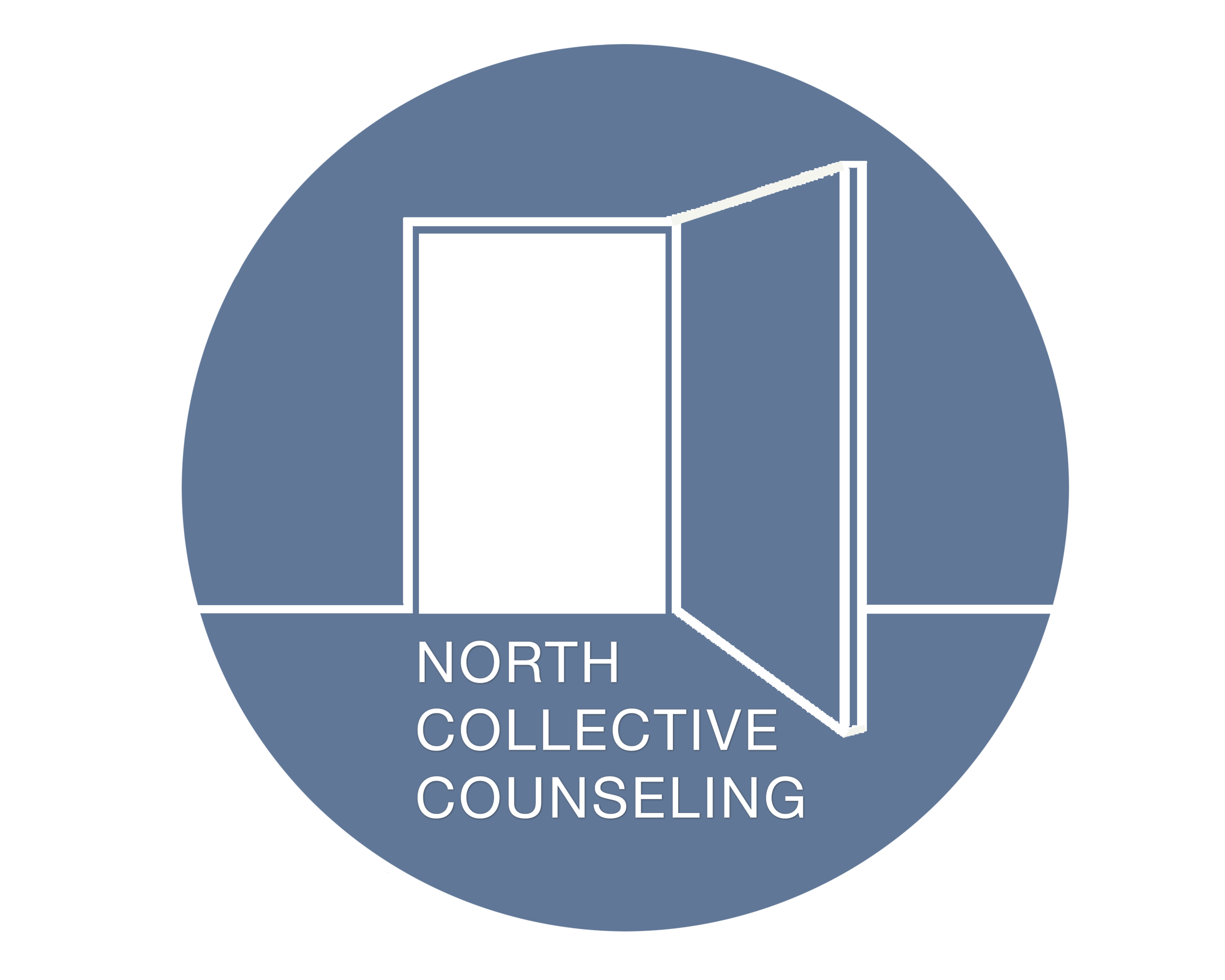Specialties
Trauma
Trauma looks different on everyone and can be experienced both physically and emotionally. Trauma can be caused by countless things – violence, neglect, bullying, sexual abuse, domestic abuse, grief, anxiety, accidents, life transitions, and so much more. The effects of trauma can be felt immediately and can also last long term. After trauma you may feel overwhelmed, helpless, shocked and may even struggle to remember exactly what happened to you. What you experienced and how you feel are real and you deserve to be seen, heard and understood.
As an EMDR Trained therapist Brian Cooper is trained to utilize an integrative therapy called EMDR (Eye Movement Desensitization and Reprocessing) to help clients find relief from their negative thoughts and feelings connected with traumatic experiences.
Interracial | Multicultural
Couples Counseling
When you and your partner come from different races or cultures and seek to resolve or prevent conflict based on these differences.
When you and your partner feel lost in your relationship and need to find your way back to each other.
When you and your partner need to increase your emotional and intimate connection.
When you and your partner struggle to feel seen, heard and truly known by each other.
When you and your partner seek to build or rebuild trust with each other.
When you and your partner feel you’re no longer in the honeymoon period of your relationship.
When you and your partner are seeking Premarital Counseling to start your marriage off on the right path.
Internal Family Systems
Have you ever said or thought to yourself – “a part of me feels like going, but a part of me doesn’t” or “a part of me wants to say yes but a part of me doesn’t.” Most, if not all of us, have thought or said this.
As an IFS Informed therapist Brian Cooper utilizes a therapy called IFS (Internal Family Systems) which provides a framework for understanding these various parts of ourselves that come up and draw our attention as we go through the various experiences in our lives.
By utilizing IFS, we find a new way to get in touch with ourselves and see, know and understand the “parts” that make us who we are and help us function each day.
The better we know our parts, the better we know ourselves and the better equipped we are to handle the things life throws at us.






